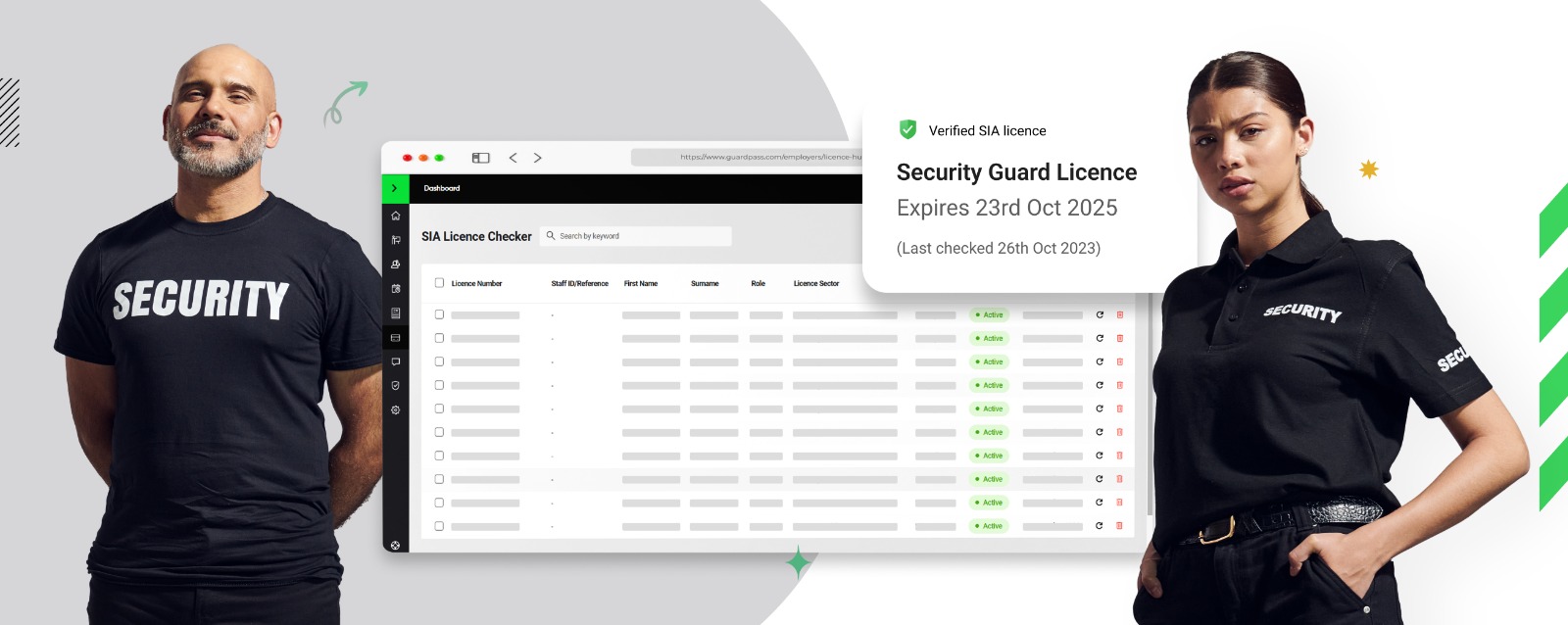Introduction
The security industry in the UK is facing several challenges in 2023, including the increasing threat of terrorism, the need to protect critical infrastructure, and the need to maintain public safety. These challenges are complex and require a diverse and inclusive workforce to address them effectively.
The threat of terrorism is a major challenge for the security industry in the UK. In recent years, there have been several terrorist attacks in the UK, including the Manchester Arena bombing and the London Bridge attack.
Another major challenge for the security industry in the UK is the need to protect critical infrastructure. Critical infrastructure includes essential services such as power plants, water supplies, and telecommunications networks.
The security industry also needs to address the need to maintain public safety. This includes protecting people from crime, violence, and other threats.
What is diversity and inclusion?
Diversity
Diversity refers to the range of differences that exist between people, such as race, ethnicity, gender, sexual orientation, age, religion, and disability. In the security industry in 2023, diversity is more important than ever before.
A diverse workforce is essential for the security industry to address the challenges it faces effectively. A diverse workforce will have a wider range of perspectives and experiences, which will be valuable in identifying and responding to security threats. It will also be more likely to connect with and understand the communities it serves, which will be essential for building trust and creating a safe environment.
Inclusion
Inclusion refers to the process of creating a workplace where everyone feels valued, respected, and able to contribute. A workforce that feels included is more likely to be engaged, productive, and creative.
Employees are also more likely to stay with the company for the long term, which can save businesses money on recruitment and training costs. In today’s competitive job market, it is more important than ever for security businesses to create an inclusive workplace that attracts and retains the best talent.
Fostering Inclusivity
To actively promote diversity and inclusion, security companies in the UK can embark on several strategies:
Strategic Hiring: Embrace diversity through intentional recruitment of individuals from various backgrounds.
Transparent Promotions: Establish an unbiased promotion process that acknowledges skills and performance, irrespective of background.
Open Communication: Cultivate an environment where employees freely share ideas, regardless of their backgrounds.
Bias Awareness Training: Offer training on unconscious bias and cultural sensitivity.
Celebrating Diversity: Acknowledge and celebrate diversity within the workplace.
How can the security industry improve diversity and inclusion?
The security industry can improve diversity and inclusion by:
Hiring and promoting people from diverse backgrounds
To create a more diverse and inclusive workplace, security companies in the UK need to be intentional about hiring and promoting people from diverse backgrounds. This means actively seeking out candidates from different races, ethnicities, genders, sexual orientations, ages, religions, and abilities.
It is also important to have a clear and transparent promotion process that is free from bias. Security companies should evaluate employees based on their skills, experience, and performance, regardless of their background.
Create a culture of inclusion
In addition to hiring and promoting people from diverse backgrounds, security companies in the UK also need to create a culture of inclusion where everyone feels valued and respected. This means:
Encouraging employees to share their ideas and perspectives, regardless of their background.
- Providing training on unconscious bias and cultural sensitivity.
- Celebrating diversity and inclusion in the workplace.
- Holding employees accountable for their behaviour.
Providing training on diversity and inclusion
Security companies in the UK can provide training on diversity and inclusion for employees to help them understand the importance of these topics and to develop skills in working with people from different backgrounds. This training should cover topics such as:
- The benefits of diversity and inclusion
- Unconscious bias
- Cultural sensitivity
- Communication
Navigating Inclusive Job Descriptions
Promoting inclusivity within the security industry starts with the language and tone we use in job descriptions. Crafting inclusive job descriptions not only attracts a diverse pool of candidates but also demonstrates a commitment to fostering an equitable and welcoming workplace. Here’s how you can create job descriptions that resonate with potential security professionals from all walks of life:
✅ Neutral Language: Opt for gender-neutral language and avoid terms that could inadvertently exclude certain individuals. Instead of using titles like “security guard” or “patrolman,” consider using “security professional” or “patrol officer.”
✅ Focus on Skills: Highlight the specific skills and qualifications required for the job. For example, replace “seeking a strong and fit security guard” with “looking for a dedicated security professional skilled in ensuring premises safety and visitor protection.”
✅ Embrace Diversity: Express your organisation’s commitment to diversity and inclusion. Incorporate a statement like “We welcome applications from candidates of diverse backgrounds, cultures, and abilities.”
✅ Equal Opportunities: Clearly state your company’s dedication to equal opportunities for growth and advancement. For instance, mention that “all employees have equal opportunities to excel and progress within our security team.”
✅ Cultural Sensitivity: If relevant, underscore the importance of cultural sensitivity in the role. A phrase like “ability to interact respectfully with diverse groups of people” highlights the significance of understanding and embracing different cultures.
Key-takeaways:
In today’s world, security threats are becoming increasingly complex and sophisticated. To meet these challenges, the security industry needs to be more diverse and inclusive. A diverse workforce can bring different perspectives and experiences to the table, which can lead to better decision-making and innovation. Additionally, a diverse and inclusive workforce can better understand the needs of the communities they serve.
Security companies in the UK can take steps to create a more diverse and inclusive workforce by:
- Hiring and promoting people from diverse backgrounds.
- Creating a culture of inclusion where everyone feels valued and respected.
- Providing training on diversity and inclusion for employees.
By taking these steps, security companies in the UK can create a more secure and prosperous future for everyone.
Estimated reading time: 5 minutes



